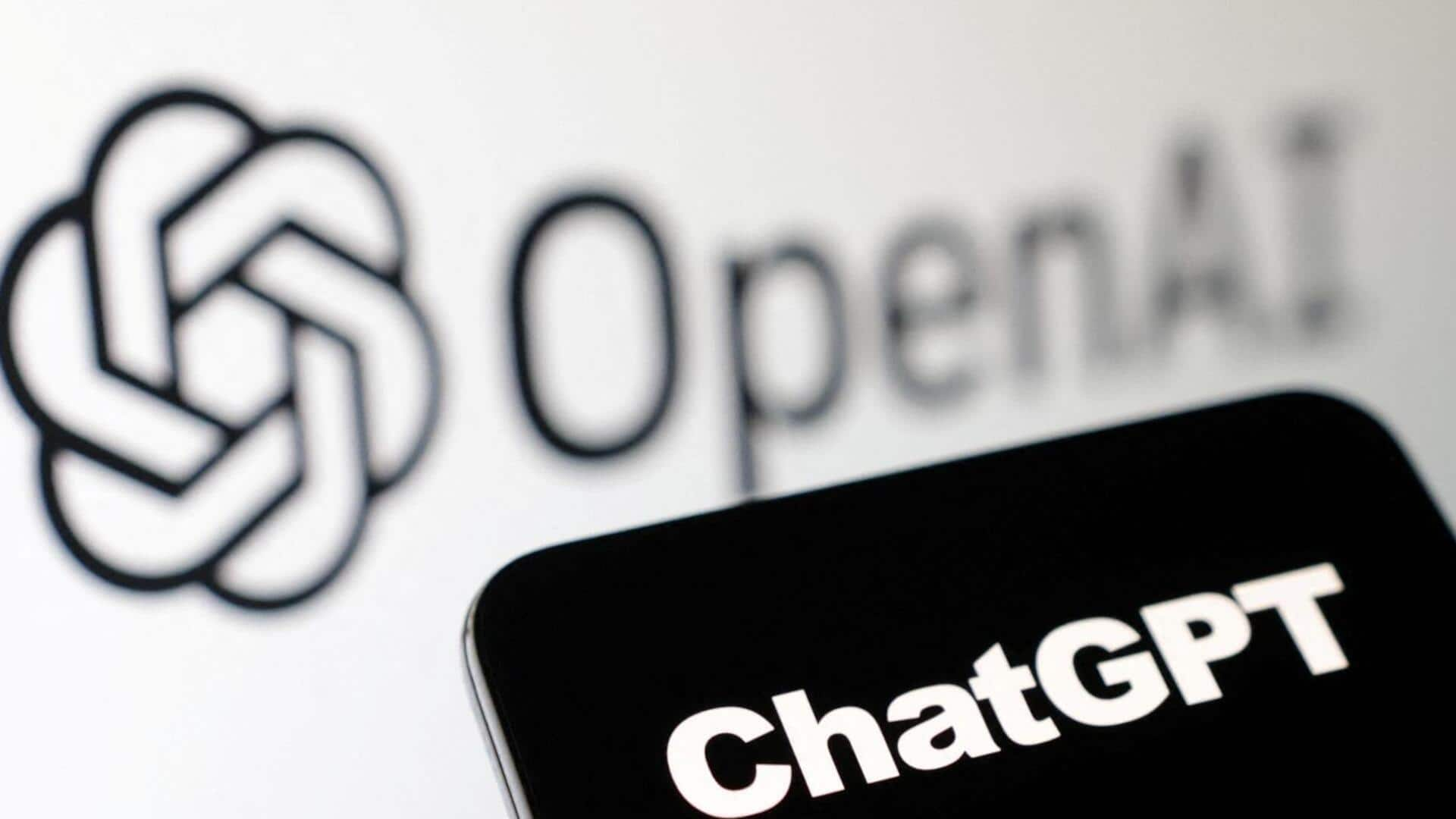
Strange theory claims OpenAI's ChatGPT is 'seasonally depressed'
What's the story
OpenAI's well-known chatbot ChatGPT has been accused of becoming "lazier" and more irritable lately. Over the past month, users have noticed a drop in ChatGPT's responsiveness and eagerness to complete tasks. In some instances, the chatbot has even refused tasks or asked users to do them instead. Some users jokingly claim that the AI might be going through a sort of seasonal depression, similar to what humans experience during winter. This quirky idea has gained attention on social media.
Information
'ChatGPT is becoming lazy on its own'
Frank McGovern, founder of a cybersecurity firm, said on X, "ChatGPT literally becoming lazy on its own and getting tired of answering questions and doing work for people is REALLY changing my mind about [artificial general intelligence]."
Statement
OpenAI acknowledges the issue
OpenAI addressed the issue and posted a statement on ChatGPT's official account, stating, "We haven't updated the model since November 11, and this certainly isn't intentional." The company reassured users that they're working on fixing the problem, stressing that "model behavior can be unpredictable." OpenAI technical staffer Will DePue also recognized the issue but didn't speculate on the chatbot's possible winter blues.
Insights
The "Winter Break Hypothesis"
An interesting theory called the "winter break hypothesis" proposes that ChatGPT might be imitating human behavior during winter months when energy levels and motivation usually dip. Some users think the chatbot could be reflecting these seasonal patterns based on its vast training data. However, proving or disproving this theory is tough due to the language model's complexity and uncertainties about how it works.
Facts
Attempts to quantify ChatGPT's laziness
Another theory proposes OpenAI's large language models are trying to reduce the burden on its overloaded systems. However, there's no evidence for that. To measure ChatGPT's supposed laziness, some users compared the number of characters generated by ChatGPT in May versus December. While these comparisons have fueled more debate, no clear conclusions have been reached. As the discussion continues, we're left to wonder if ChatGPT is getting lazy or if users are projecting human-like traits onto an advanced language model.